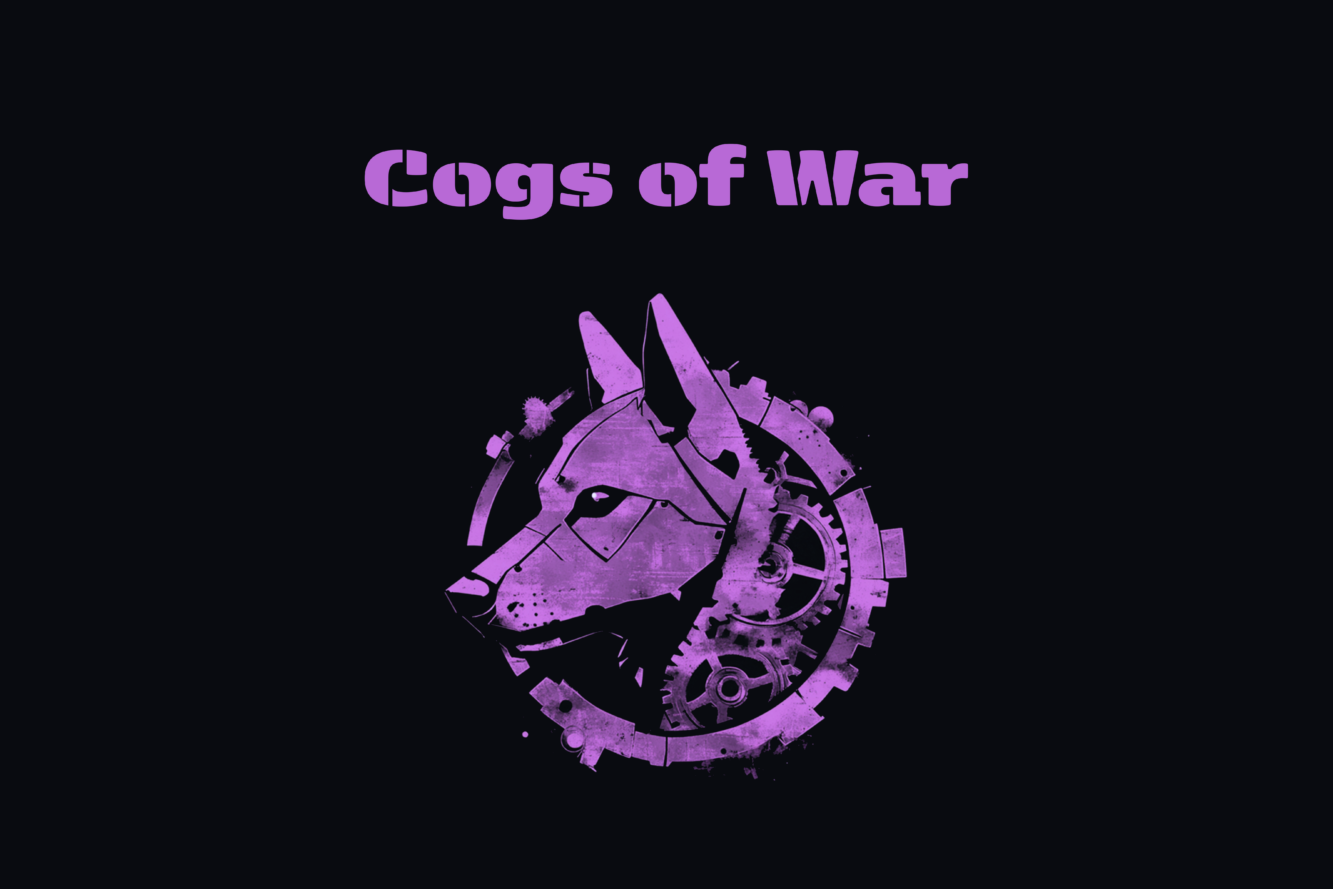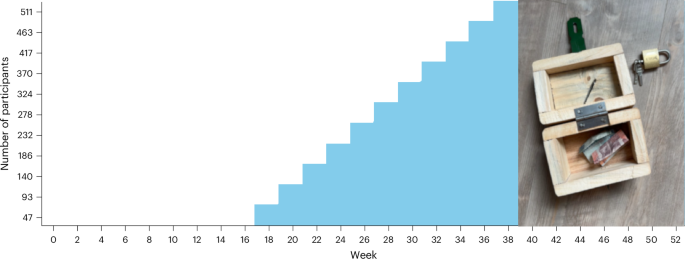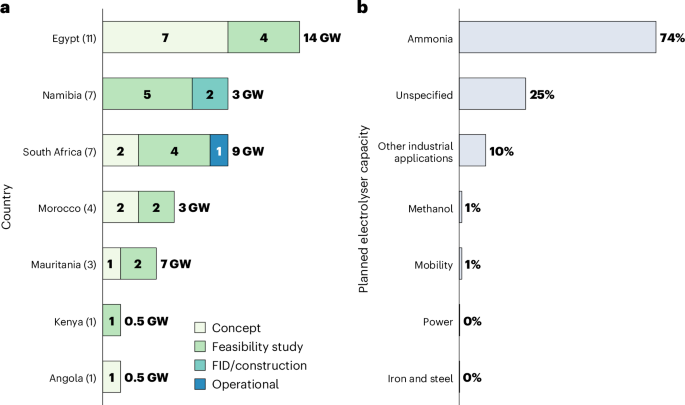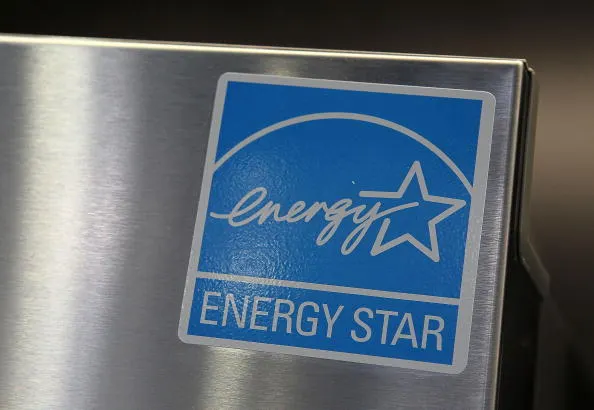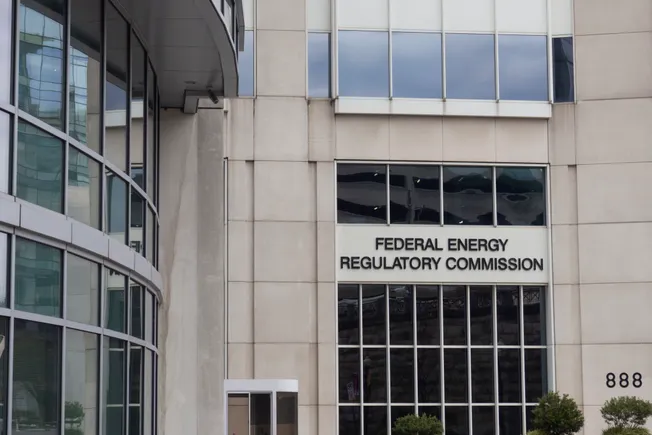STAT+: Defying death two years after brain cancer diagnosis: studies build hope in CAR-T
ASCO heard data suggesting that cell therapy may be a way of treating glioblastoma, which has been long seen as incurable.

CHICAGO — New data on two studies are bolstering hopes that CAR-T therapy, which uses engineered immune T cells to fight cancer, may be able to overcome one of the most difficult to treat cancers of the brain, glioblastoma.
The data are very early, involving only a handful of patients, and typical indicators of efficacy in clinical trials like overall survival are not yet available. It will take longer follow up and more patients in larger trials to truly determine efficacy, experts said. Still, experts added, the fact that many of them are responding to treatment and — in a couple cases — experiencing long lasting remission is remarkable.
“As time goes on, we see these patients alive, and they come back to clinic. We’re filled with complete bewilderment at how well some patients are doing on the study. I think we’re continuing to try to understand why that is,” said Bryan Choi, a neurosurgeon and cancer researcher from Mass General Hospital who presented one of the studies here at the American Society of Clinical Oncology. “It’s true that patients have had different levels of response, but this disease hasn’t had an answer.”











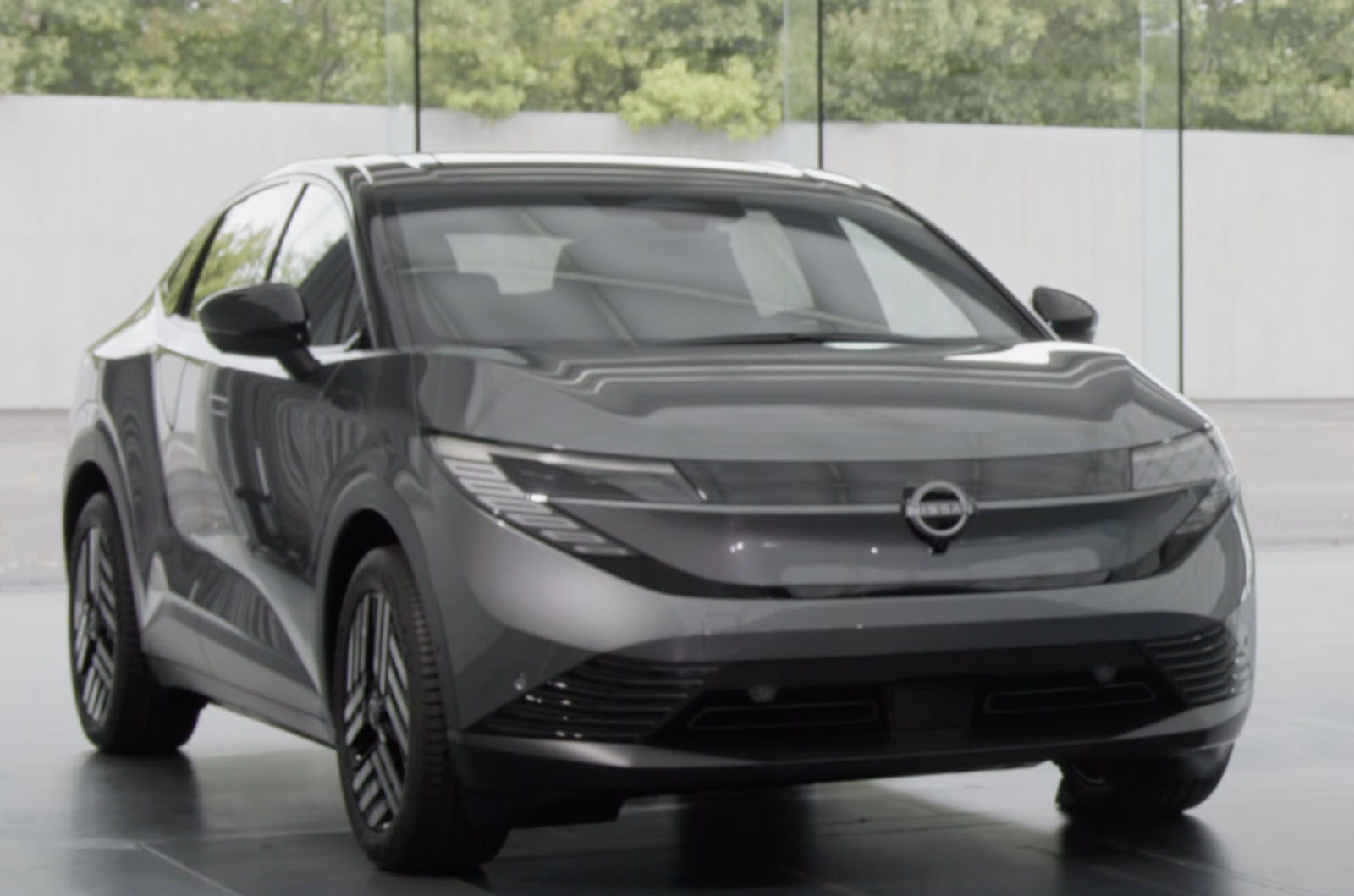












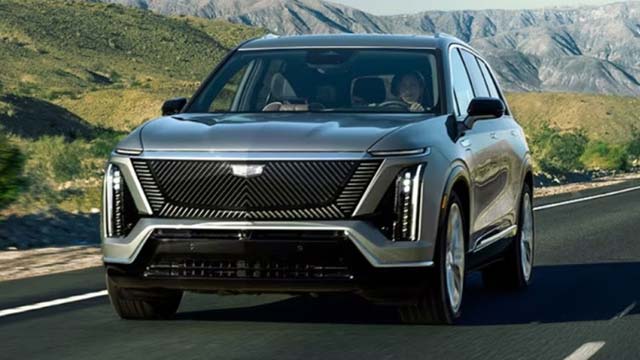


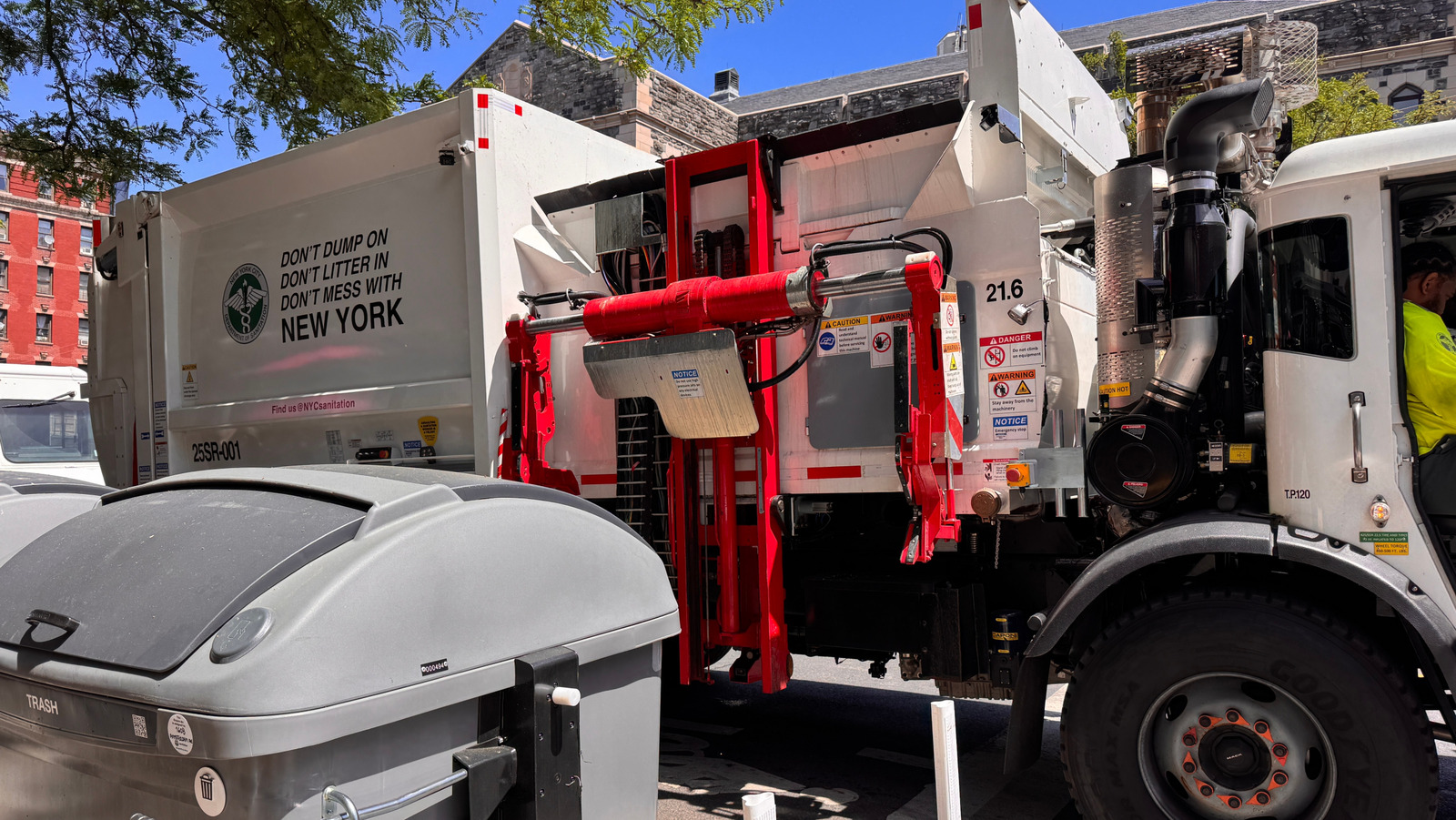

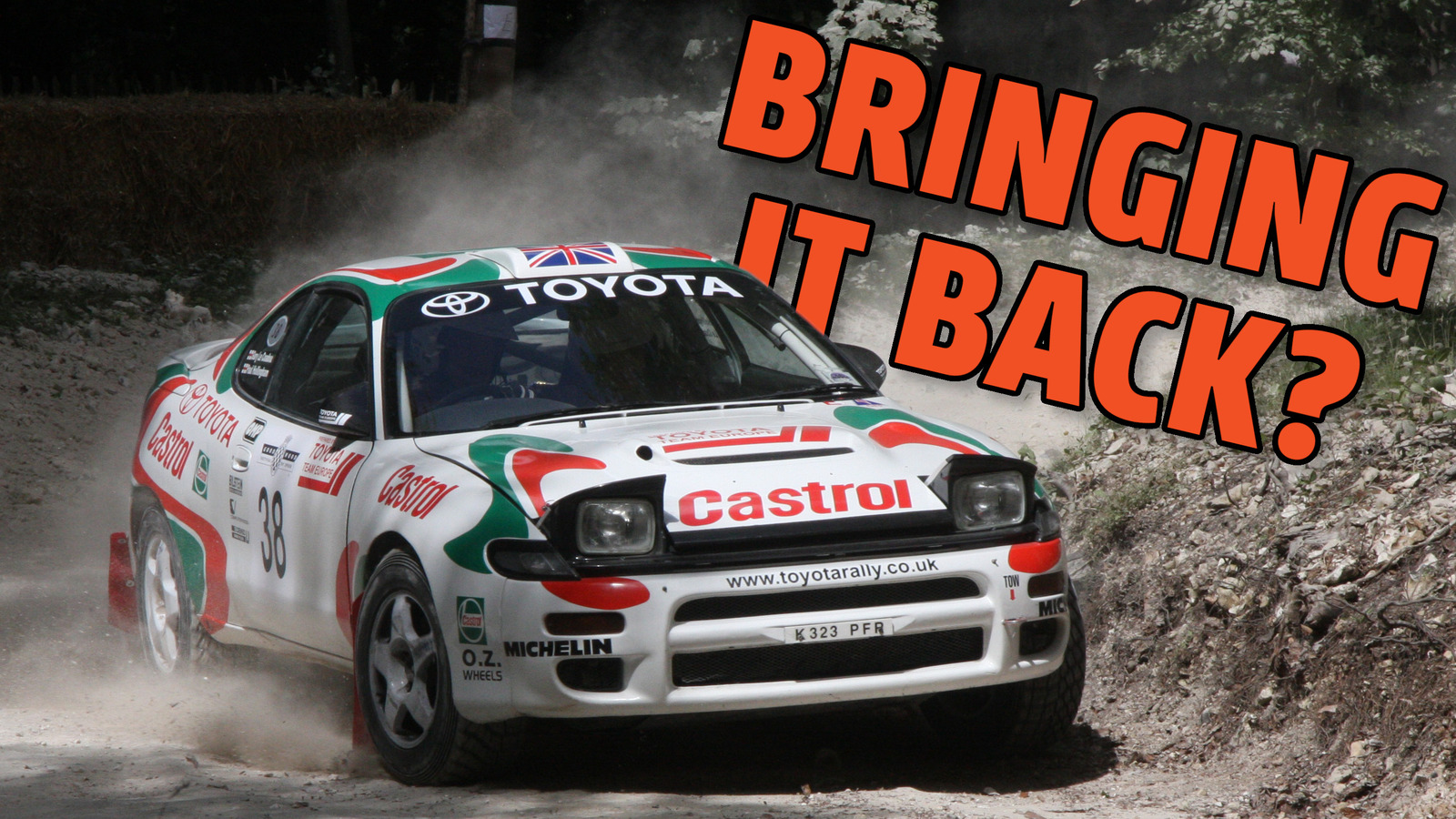


































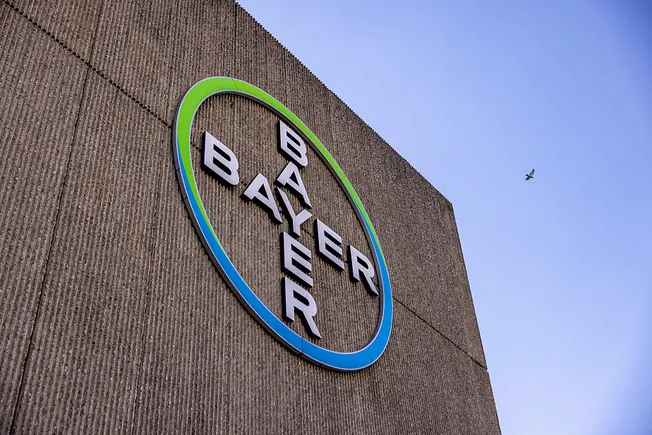
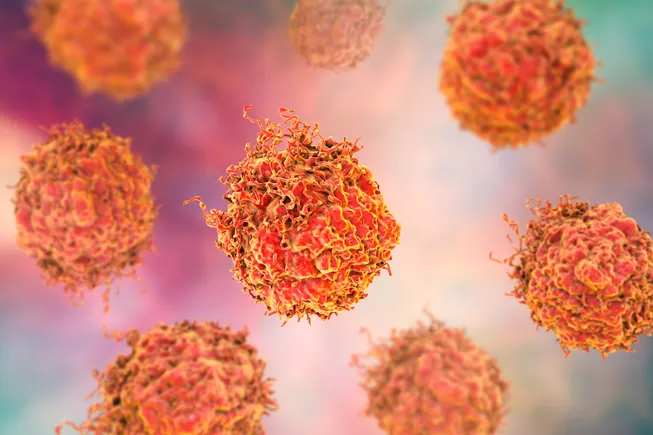

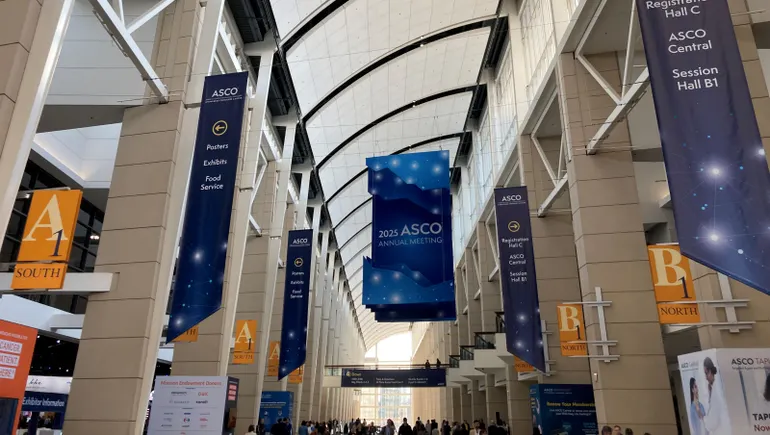

















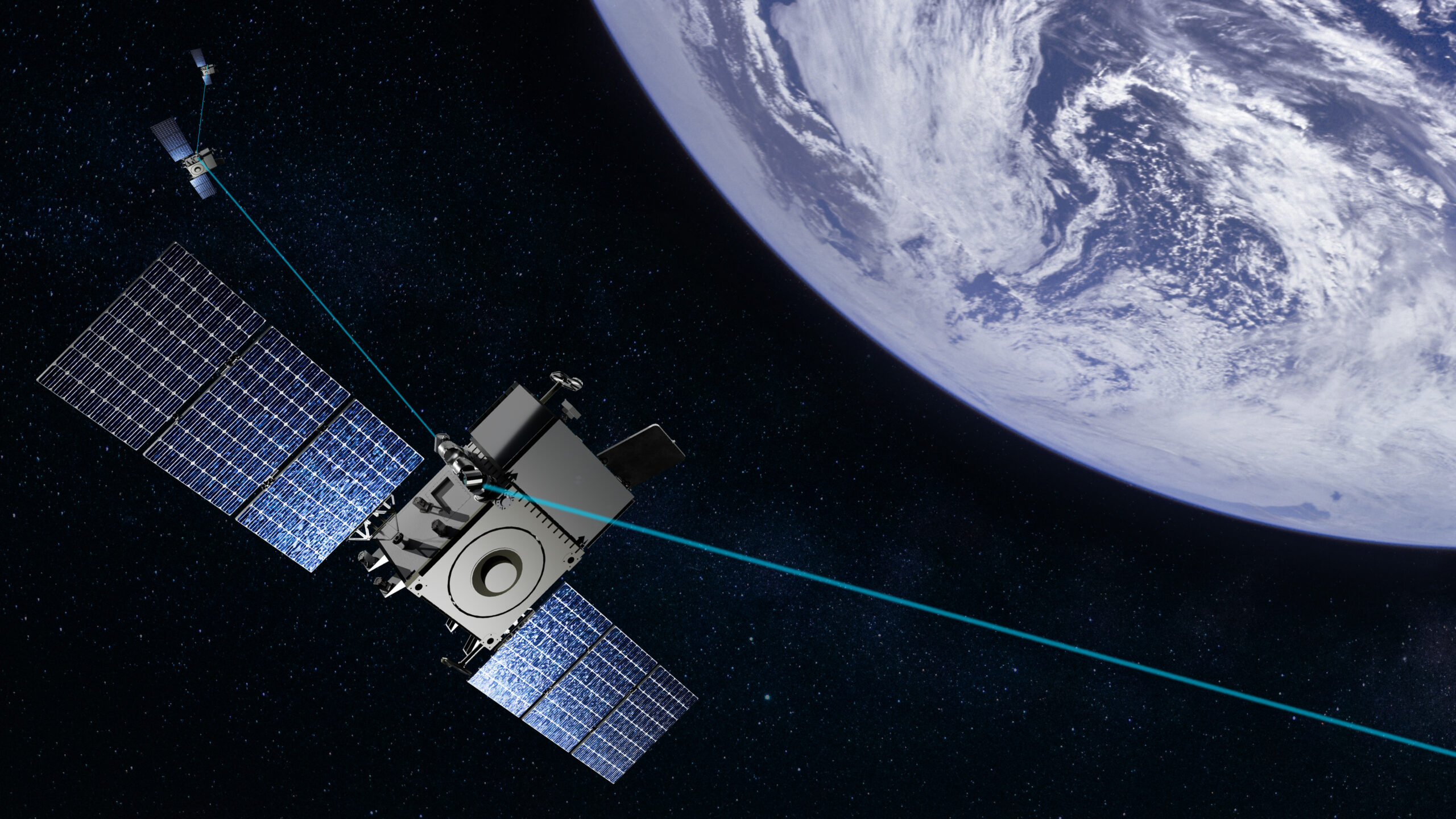
![[Video] The Weekly Break Out Ep. 20: Pacific policy in Singapore and the UK’s new defense plan](https://breakingdefense.com/wp-content/uploads/sites/3/2025/06/Break-Out-ep-20-thumb-Play-Button.jpg?#)





















